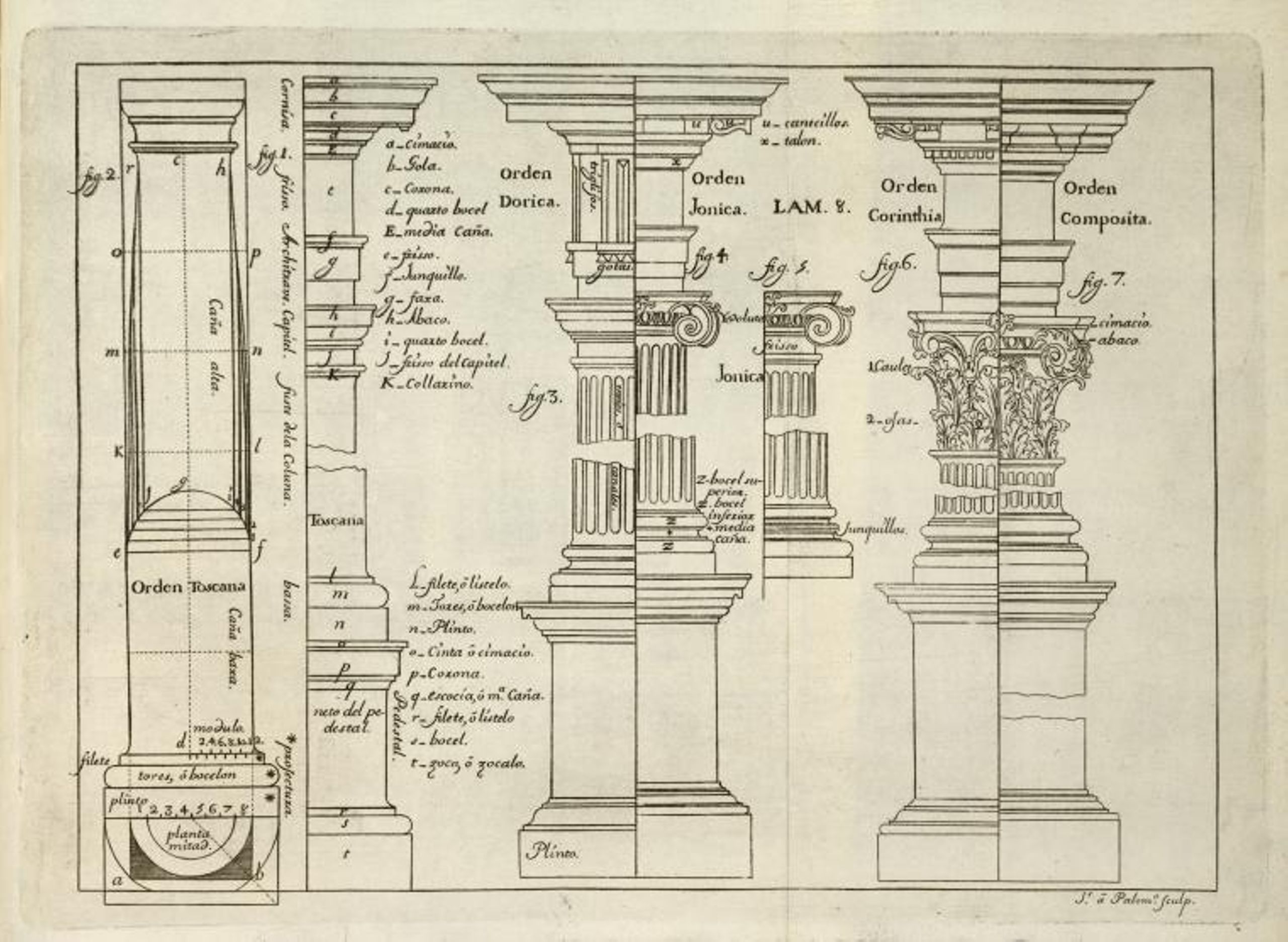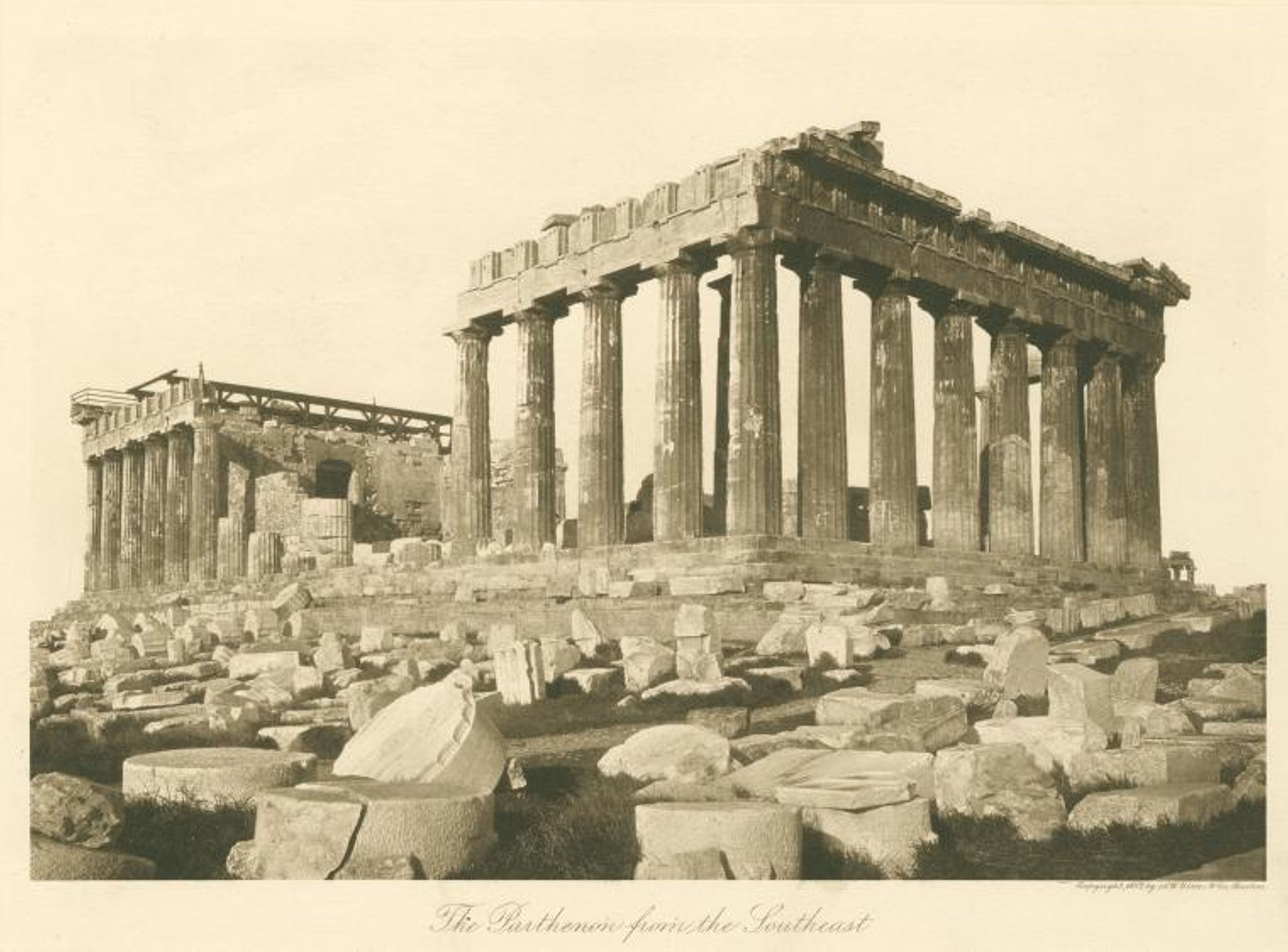To appropriate means to take something for your own and as often synonymous with theft, stealing, taking, or poaching.1 It can also mean a specific amount of money set aside for a specific use such as Appropriations or Budget Bills in Congress.2 In both cases appropriation has connotations of acquiring and or use of a thing, sometimes with permission and sometimes without.
In a 1982 article in The New York Times, Andy Grudberg describes appropriation, or using someone else’s work, and says it may call “…into question modernist orthodoxy concerning originality as well as the entire notion of an avant-garde …” but also might just be theft.3
Do internet memes appropriate culture or steal it? Are memes fair use? That depends. Getty images sent a letter to the site getdigital.de demanding payment for unauthorized use of the “Socialy Awkward Penguin” meme since the penguin photo in the original meme was taken from a photograph by photographer, George Mobley . In the meme, the original penguin remains but the background is swapped with a radial geometric blue pattern. Does selecting a subject from a photo and changing the background rise to the level of transformative use? If the text commentary on the meme focused on penguins or photography would is rise to the level of satire or parody? How would you feel if your photo was used to create a meme without permission?
Appropriation vs Reference vs Influence
The Romans appropriated Greek column orders. The Romans did’t steal the Greek column designs but merely referenced them. The Romans were influenced by Greek column construction and modified the basic concepts into their own visual language. All of these statements are essentially true but have different connotations about Roman column construction. If you drew a picture of a column from your head without looking at the images below, would it already have some of the elements of Greek and Roman columns? If it does have similar elements, did you appropriate them, reference them, or were you influenced by them?
Lam. 8. [Diagram of column orders.], Juan Bernabé Palomino, (Engraver) 4
The Parthenon from the southeast, A.W. Elson & Co. (Publisher), 1897. 5
Is all Copying Appropriation?
If you see an interesting concept and then modify it to use in a project is that appropriation? Is it copying? Is it neither?
Cultural Pluralism vs Cultural Appropriation vs Racism
Cultural appropriation is often described as a “dominate” culture taking or using elements from a “minority” culture without permission, or full understanding, or respect. In some situations which culture is the dominate one or the minority one may seem obvious, and other times it depends greatly on one’s perspective. Multiple people may have equally valid perceptions of the use of a cultural component.
Food Appropriation
| Old World to New World | New World to Old World |
|---|---|
| almond | avocado |
| apple | cassava |
| cabbage | chili pepper |
| coffee | cotton |
| soybean | tomato |
Many more foods, diseases, and animals were transferred during a period beginning in the 15th century called the Columbian Exchange. The selected foods in the table are from a larger list on Wikipedia.6
Clothing Appropriation
Time Melts Appropriation into Common Culture
English speakers use the French déjà vu rather than the longer “feeling like something happen before” because it is short, efficient and understandable. The word is clearly taken or appropriated from French but it seems more a part of the English language with the passing of time from the word’s original coining in 1876 by Émile Boirac. 7
Juliet says, “A rose tub of buttery goodness by any other name would smell as sweet”. Think about that often yellow plant that makes fluffy stuff to eat while watching movies. If you are American you likely call it corn while, with a few exceptions, the rest of the world calls it maize. The Native American word maiz derives from the Taíno word mahiz meaning “life giving seed”.8 Does that mean the Spanish word panizo, or the Italian word polenta are wrong? Corn might considered less “good” since it stems from the French term Turcicum frumentum that the British translated to “Turkey Wheat/Indian Corn” to classify it as a “savage” or uncivilized grain, which Americans shortened to just corn.9 It could also be seen as part of genuine American and English speaking culture, ready to be appropriated by others.
Additional Articles
- Appropriation
- Should We Retire the Concept of Appropriation in Art?
- The Art of Copying
- Cultural Appreciation vs. Cultural Appropriation: Why it Matters
References
Common Budgetary Terms Explained Congressional Budget Office Publication 57660 PDF ↩︎
Grundberg, Andy. PHOTOGRAPHY VIEW; IN TODAY’S PHOTOGRAPHY, IMITATION ISN’T ALWAYS FLATTERY The New York Times. November 14, 1982, Section 2, Page 31. ↩︎
The Miriam and Ira D. Wallach Division of Art, Prints and Photographs: Art & Architecture Collection, The New York Public Library. “Lam. 8. [Diagram of column orders.]” The New York Public Library Digital Collections . 1715 - 1724. ↩︎
The Miriam and Ira D. Wallach Division of Art, Prints and Photographs: Picture Collection, The New York Public Library. “The Parthenon from the southeast” The New York Public Library Digital Collections . 1897. ↩︎
Columbian Exchange Wikipedia. ↩︎
(https://www.psu.edu/news/research/story/probing-question-what-causes-deja-vu ) ↩︎
Espinoza, Mauricio. ‘All Corn Is the Same,’ and Other Foolishness about America’s King of Crops . College of Food, Agricultural, and Environmental Sciences. OSU. April 1, 2015. ↩︎
Fussel, Betty. “Translating Maize into Corn: The Transformation of America’s Native Grain.” Social Research, vol. 66, no. 1, 1999, pp. 41–65. (page 42) JSTOR, http://www.jstor.org/stable/40971301 . ↩︎


